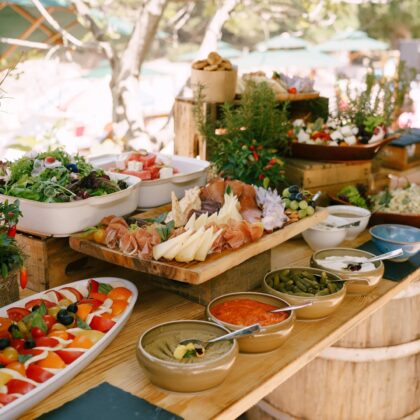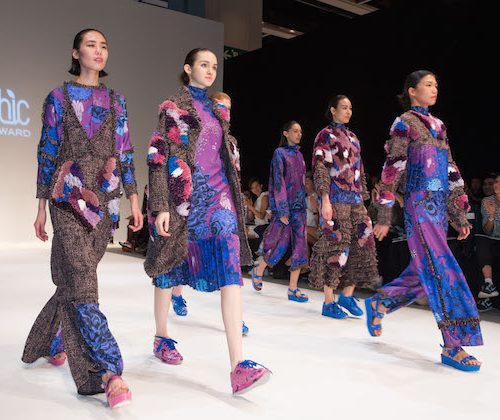10 designers changing the course of consumerism
Here at Sassy, we promote eco-chic practices and movements as we understand that the love we have for fashion should be met with responsible consumption. We have our fave eco-warriors (check them out here), and we’re exited to introduce you to 10 of the most forward-thinking designers, who are changing the future of sustainable fashion. The finalists in the EcoChic Design Awards 2017 – a global competition run by ReDress to demonstrate its mission of changing design practices and managing waste – have created sustainable, waste-free fashion. These talented designers will showcase their original creations in a fabulous event at HKTDC’s CENTRESTAGE in September.
Ayako Yoshida
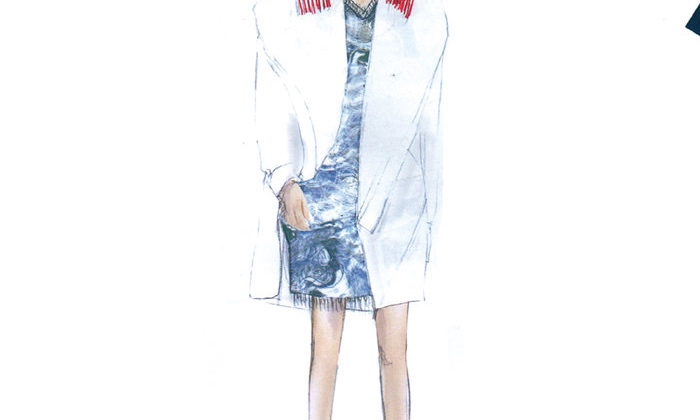
Currently a fashion design student in Japan, Yoshida focuses on upcycling and reconstruction in her techniques. Inspired by the Japanese notion of Tsukumogami – using obsolete tools that acquire spirits after many years even if they are broken – she transforms lost, abandoned materials (such as discarded tatami mats and traditional Japanese kimonos) and revives them through her design practices in order to extend the garment’s longevity.
Candle Ray Torreverde
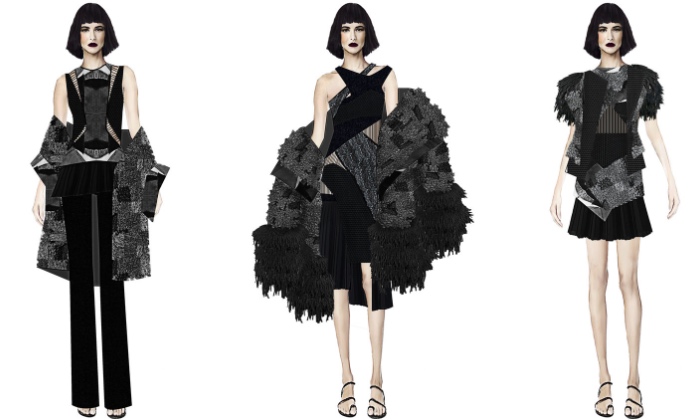
Hung Wei-Yu
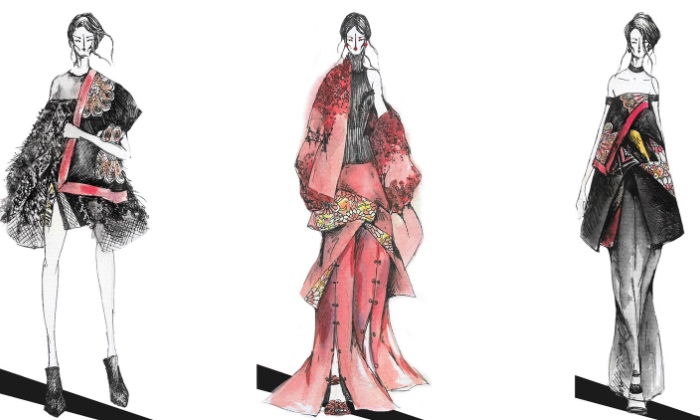
Hailing from Mainland China, Hung Wei-Yu uses his experience in the fashion industry to address problems in both individual and global approaches to design. Hung has a “zero waste” policy while navigating the ongoing tensions between trend and sustainability, past and present and east and west. For his EcoChic Design Award application he focused on reconstructing second-hand wedding dresses and kimonos and paid homage to the Japanese patchwork style of Boro.
Sarah Devina Susanto
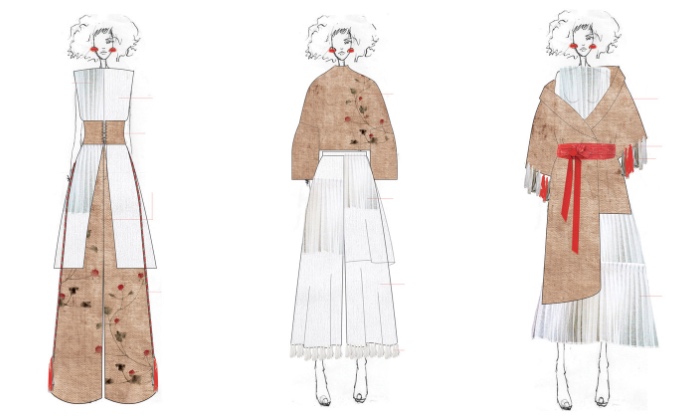
Sarah Devina Susanto is a womenswear designer from Indonesia fused her country’s militant history with the drive for independence and freedom in her application to the competition. It is her aim to give consumers the clothes they want, without sacrificing environmental impact for style. Susanto incorporated hotel bed sheets and jute sacks – materials that are of great cultural importance in Indonesia – resulting in beautiful clothes that earned her a spot in the final.
Sung Yi Hsuan
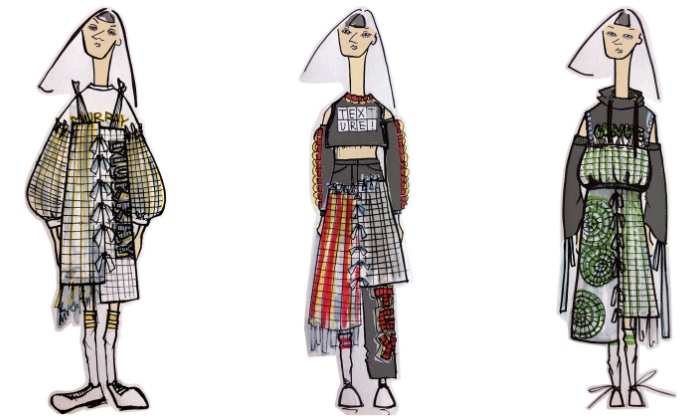
Combatting fashion’s enormous waste is no easy task, but Sung Yi Hsuan is determined to have a positive and lasting impact on the global industry, starting with her home country Mainland China. Today’s obsession with mass-produced, fast fashion has detrimental effects on the environment, and so Hsuan embraces damaged industry textiles, second-hand clothing waste and the age-old technique of weaving to drive forward beautiful clothes that represent a sense of awakening in a time of sartorial flux.
Amanda Borgfors Mészàros
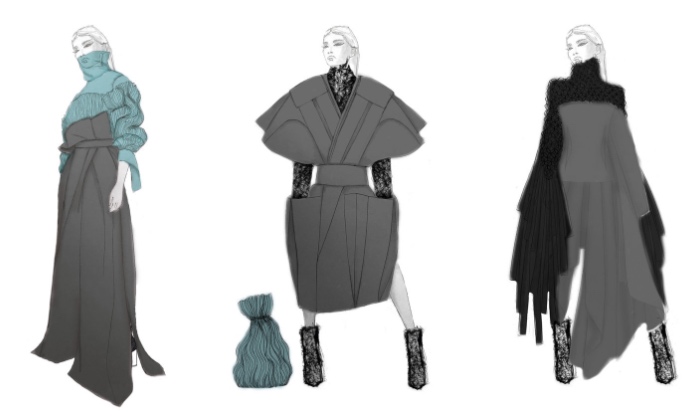
Describing herself and her work as a ‘global nomad,’ Amanda Borgfors Mészàros employs various design techniques such as zero waste, draping and knot techniques to propel the recycling, reconstructive methods in her collection. Inspired by the world’s current fragmented state (and a need to contribute to that on a positive and sustainable note), the Swedish design student blends diverse fabric textures to visually simulate the opposition seen above and below the ocean’s surface.
Claire Dartigues
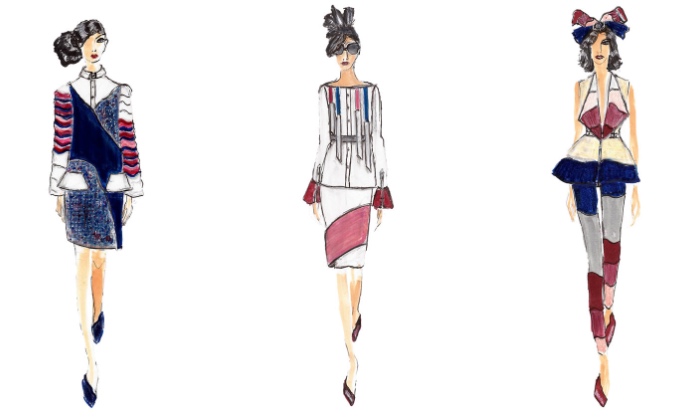
Claire Dartigues is a French national living in the United States and this duality flows into her EcoChic Design Awards application. Her creations were inspired by the juxtaposition between finance and blue-collar workers. The idea of flow is interrupted by her concern about polluted rivers; something Dartigues has voiced in her drive to ensure the future of fashion is one of beauty and a normality of sustainable methods to garment creation. Her pieces are both chic and sustainable, representing a notion that this should be the way fashion works going forward.
Joëlle Van De Pavert
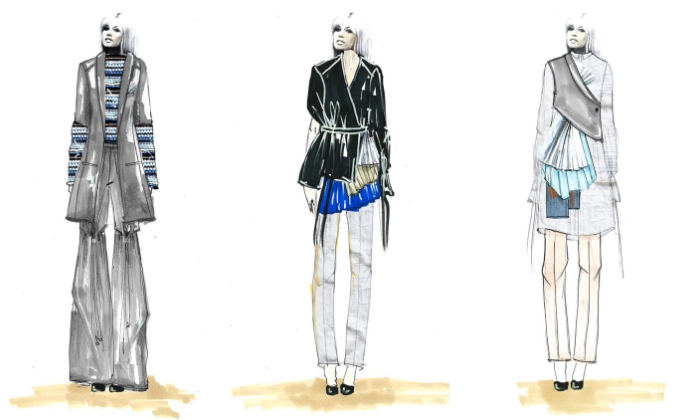
Acknowledging her role as a consumer is what led Dutch fashion graduate, Joëlle Van De Pavert, to this competition. Her application focused on a hope to inspire change in consumer behaviour. Starting with the upcycling and reconstructing of old materials into newly invigorated pieces, she created current and stylish pieces that do not negatively impact Mother Nature. Van De Pavert strives to use a garment to its full potential to achieve zero waste in her design collection.
Kate Morris
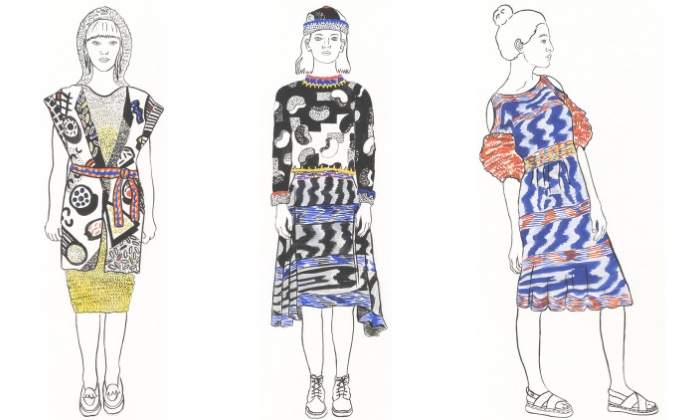
Kate Morris, a fashion design student from the United Kingdom, believes true change means an overhaul of the attitudes of the entire supply chain. She understands the notion of eco-chic must run from designer to consumer and all the stages in between. Focusing on knitwear, Morris blends technology and handcrafting skills to embody the ideal of fashion and function, thus creating a tactile reaction from the consumer. The diversity and beauty in her application is something judges were quick to pick up on.
Lina Mayorga
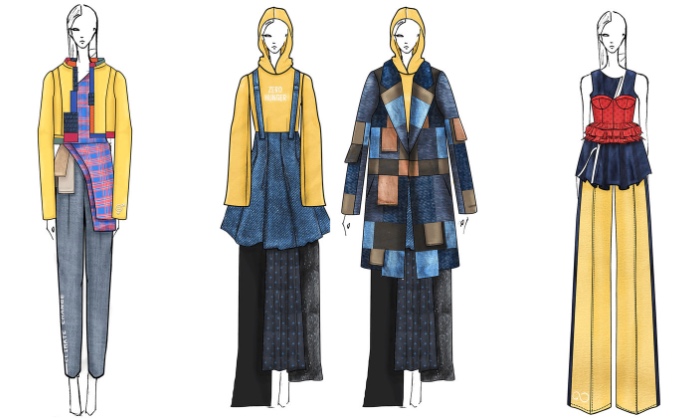
Lina Mayorga is a young woman who believes that fashion and sustainability need to work together in order to alter negative stereotypes and to create real social change in the approach to design. Mayorga practices environmentally friendly techniques including upcycling and reconstructing, sourcing waste from textile recycling companies and reimagining materials in a new and fresh way so that they may appeal to everyone, everywhere. Her EcoChic Design awards application was all at once a promoter of zero waste and trend, something she hopes to continue to achieve throughout her fashion career.
Featured image by Kris Atomic via Unsplash
All sketches courtesy of The EcoChic Design Awards

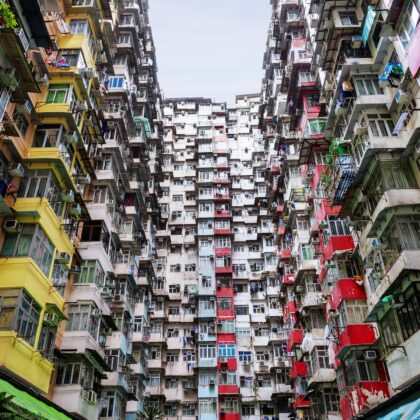



 Eat & Drink
Eat & Drink
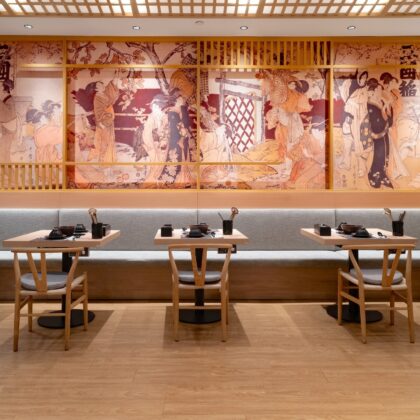

 Travel
Travel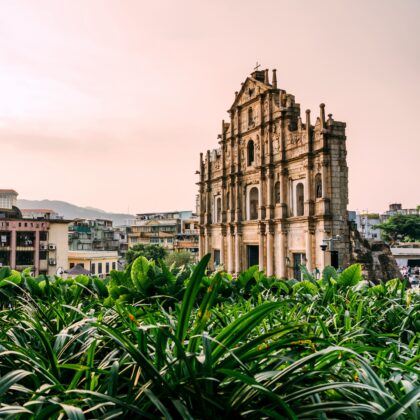



 Style
Style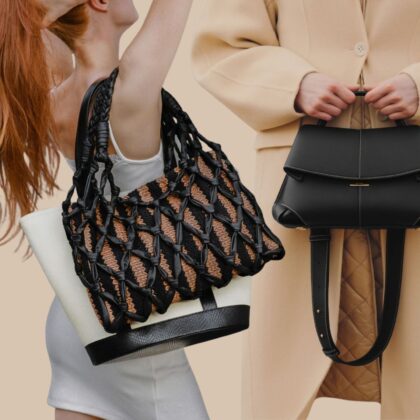

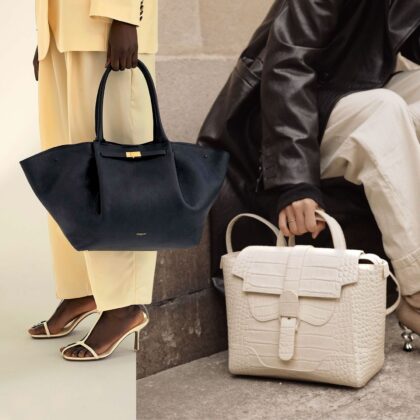

 Beauty
Beauty
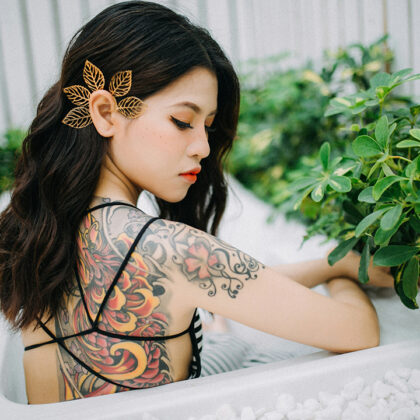


 Health & Wellness
Health & Wellness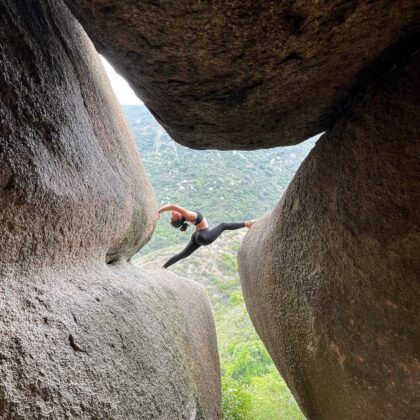


 Home & Decor
Home & Decor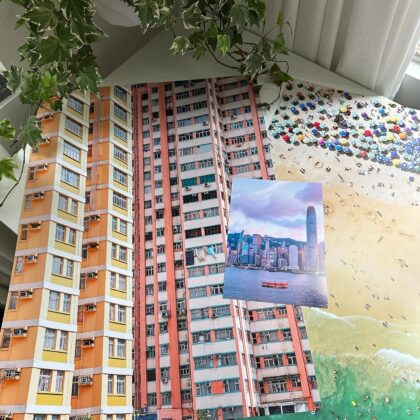
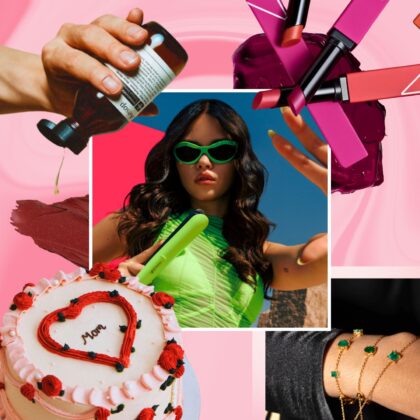
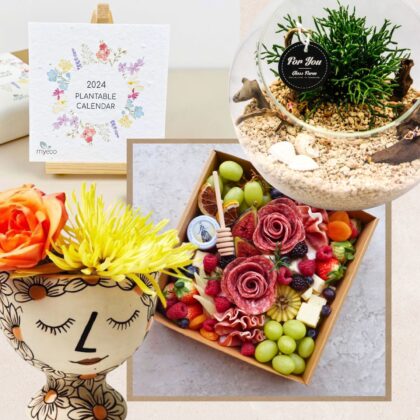
 Lifestyle
Lifestyle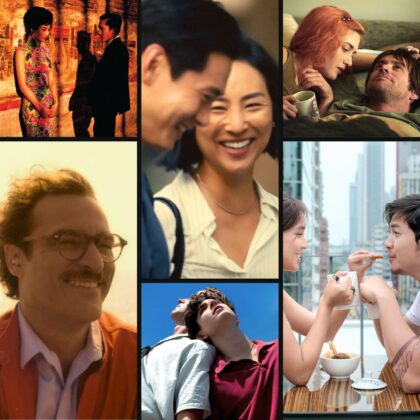
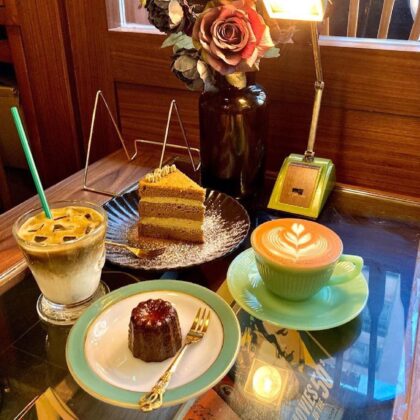
 Weddings
Weddings

